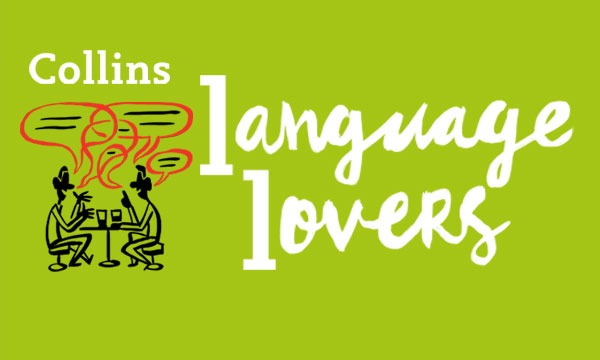The job hunt: one of life’s great challenges. It can end in the bitterest defeat or the sweetest victory, but in seven simple steps you can ensure you have the best possible chance of success.
The following ways to succeed are taken from Get that Job in 7 Simple Steps, by Peter Storr, which is available with 31% discount* as part of the HarperCollins 31 Days of Inspiration promotion (#31Days2015). Just enter promo code 31DAYS at the checkout on collins.co.uk.
Step 1
PLAN YOUR HUNT AND KEEP IT MOVING
‘Knowing that we are responsible – “responseable” – is fundamental to our effectiveness and to every other habit of effectiveness. — Stephen R. Covey: The 7 Habits of Highly Effective People
Five ways to succeed
■ Recognise that you are responsible for your own career.
■ Make a ‘Get that job’ plan and regularly review it.
■ Create an ‘elevator pitch’ and practise it.
■ Create a network and keep in touch with your contacts.
■ Know what helps you stay motivated when things get tough.
Step 2
UNDERSTAND WHAT YOU WANT
‘There is no such thing as a career path. There is only crazy paving and you have to lay it yourself.’ — Sir Dominic Cadbury, former chairman of Cadbury, the chocolate manufacturer
Five ways to succeed
■ Think about where you would like to get to in the longer term.
■ Identify what interests you and how this may relate to jobs.
■ Determine your core values and what this means.
■ Clarify what would really motivate you at work.
■ Remember that work does not have to fulfil all your needs.
Step 3
KNOW YOUR SKILLS AND STRENGTHS
‘Argue for your limitations, and sure enough, they’re yours.’ — Richard Bach, author
Five ways to succeed
■ Think of yourself in marketing terms, i.e. as a brand.
■ As well as your values, identify your key strengths.
■ Use competencies when defining your skills.
■ Have a stock of examples of achievements from your past.
■ Write down your ‘core essence’ and remember it.
Step 4
WRITE A KILLER CV
‘What is written without effort is in general read without pleasure.’ — Samuel Johnson (1709–1784), writer and poet
Five ways to succeed
■ Tailor your CV to each job you apply for.
■ Use action-oriented language, not passive, throughout.
■ Match your key skills and strengths to the advert.
■ Write an excellent, tailored, covering letter.
■ Check spelling, grammar, punctuation and presentation.
Step 5
ACE THE INTERVIEW
‘Talking and eloquence are not the same: to speak, and to speak well, are two things.’ — Ben Jonson (1572–1637), poet and playwright
Five ways to succeed
■ Recognise that an interview is your opportunity to shine.
■ Do your preparation thoroughly.
■ Present yourself appropriately.
■ As much as you can, relax.
■ Rehearse lots of examples of past competencies and successes.
Step 6
PERFORM WELL IN ASSESSMENTS
‘There are few things that psychologists agree on, but one of them is that unstructured interviews do not work.’ — Robert Wood and Tim Payne: Competency-Based Recruitment and Selection (1998)
Five ways to succeed
■ Understand why companies use assessments.
■ Know what to expect from the different types of assessment.
■ Practise psychometric tests and presentations.
■ Know what assessors are looking for.
■ Learn to value – and ask for – feedback.
Step 7
SURVIVE AND THRIVE IN YOUR NEW JOB
‘Work is much more fun than fun.’ — Sir Noël Coward (1899–1973), playwright and actor
Five ways to succeed
■ Get feedback whatever the result of your application.
■ Be prepared to negotiate salary and benefits.
■ Be professional during your notice period.
■ Find a mentor.
■ Manage your new boss!
*Offer open until 31st January 2015




